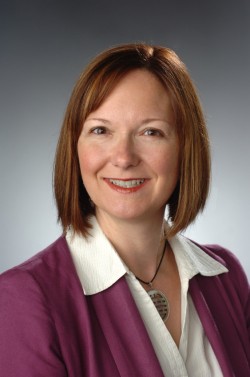IDJC Welcomes Fall 2025 Visiting Fellows Nathaniel Rakich and Miranda Spivack
The Institute for Democracy, Journalism and Citizenship (IDJC) has named Nathaniel Rakich and Miranda Spivack as visiting fellows for fall 2025. The IDJC Visiting Fellows program brings in thought leaders in journalism, politics or public affairs to collaborate with Syracuse…


